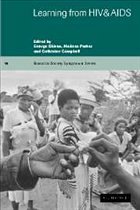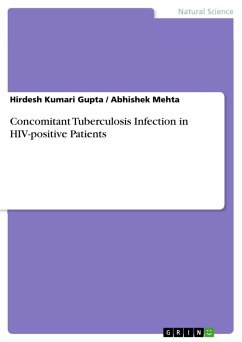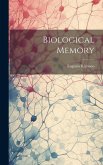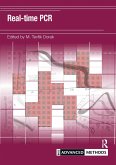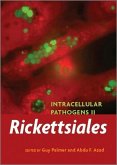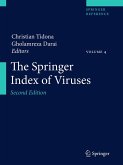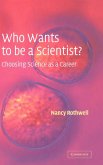Short description/annotation
Holistic overview of what we have learnt about HIV/AIDS, and identifies why so many HIV prevention schemes have failed.
Main description
Different professional and academic disciplines have addressed the HIV/AIDS pandemic from a variety of perspectives, using different analytical approaches. By bringing these together in one volume, Learning from HIV/AIDS provides a more complete picture of this multi-faceted disease - from the biological and social factors which facilitate HIV transmission - to the powerful cultural and political forces which fuel the pandemic. Chapters from contributors working on the aetiology, treatment and prevention of HIV/AIDS identify how their work has helped predict the spread of HIV and has improved the survival of those infected. Yet interventions to reduce the spread of HIV have had limited success, and few HIV-infected individuals have access to combination drug therapies. Written for students and researchers, and taking an interdisciplinary perspective, this book demonstrates that progress in developing effective and acceptable interventions can only be achieved through collaboration between the biological, medical and social sciences.
Table of contents:
1. Introduction: Learning from HIV/AIDS: from multidisciplinary to interdisciplinarity George Ellison, Melissa Parker and Cathy Campbell; 2. HIV and the evolution of infectious diseases Janice Hutchinson; 3. The epidemiology of HIV/AIDS: contributions to infectious disease epidemiology Azra Ghani and Marie-Claude Boily; 4. The influence of HIV/AIDS on demography and demographic research Simon Gregson; 5. What have clinicians learnt from working with HIV/AIDS(?)33; A medical perspective from London Chris Wood and George Ellison; 6. How has the HIV/AIDS pandemic contributed to our understandings of behaviour change and health promotion(?)33; Catherine Campbell and Flora Cornish; 7. Anthropological reflections on HIV prevention strategies: the case for targeting London's backrooms. Melissa Parker; 8. An absence of anthropology: critical reflections on anthropology and AIDS policy and practice in Africa Suzette Heald; 9. A disaster with no name: the HIV/AIDS pandemic and the limits of governance Alex de Waal; 10. Postscript: Reflections on HIV/AIDS and history Shula Marks.
Holistic overview of what we have learnt about HIV/AIDS, and identifies why so many HIV prevention schemes have failed.
Main description
Different professional and academic disciplines have addressed the HIV/AIDS pandemic from a variety of perspectives, using different analytical approaches. By bringing these together in one volume, Learning from HIV/AIDS provides a more complete picture of this multi-faceted disease - from the biological and social factors which facilitate HIV transmission - to the powerful cultural and political forces which fuel the pandemic. Chapters from contributors working on the aetiology, treatment and prevention of HIV/AIDS identify how their work has helped predict the spread of HIV and has improved the survival of those infected. Yet interventions to reduce the spread of HIV have had limited success, and few HIV-infected individuals have access to combination drug therapies. Written for students and researchers, and taking an interdisciplinary perspective, this book demonstrates that progress in developing effective and acceptable interventions can only be achieved through collaboration between the biological, medical and social sciences.
Table of contents:
1. Introduction: Learning from HIV/AIDS: from multidisciplinary to interdisciplinarity George Ellison, Melissa Parker and Cathy Campbell; 2. HIV and the evolution of infectious diseases Janice Hutchinson; 3. The epidemiology of HIV/AIDS: contributions to infectious disease epidemiology Azra Ghani and Marie-Claude Boily; 4. The influence of HIV/AIDS on demography and demographic research Simon Gregson; 5. What have clinicians learnt from working with HIV/AIDS(?)33; A medical perspective from London Chris Wood and George Ellison; 6. How has the HIV/AIDS pandemic contributed to our understandings of behaviour change and health promotion(?)33; Catherine Campbell and Flora Cornish; 7. Anthropological reflections on HIV prevention strategies: the case for targeting London's backrooms. Melissa Parker; 8. An absence of anthropology: critical reflections on anthropology and AIDS policy and practice in Africa Suzette Heald; 9. A disaster with no name: the HIV/AIDS pandemic and the limits of governance Alex de Waal; 10. Postscript: Reflections on HIV/AIDS and history Shula Marks.

